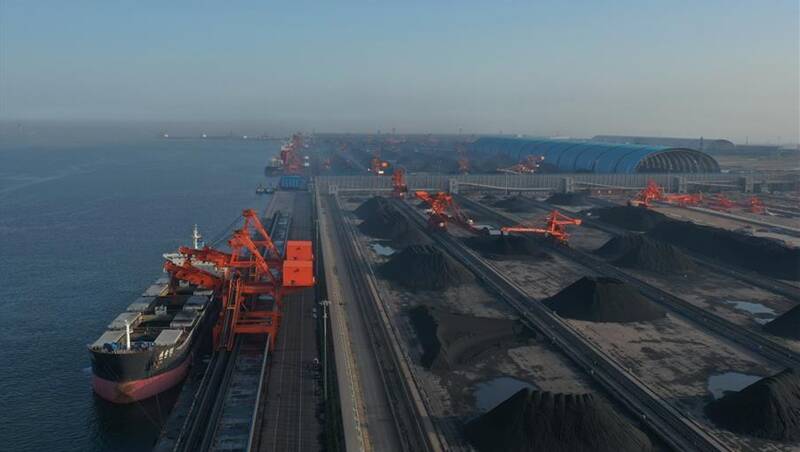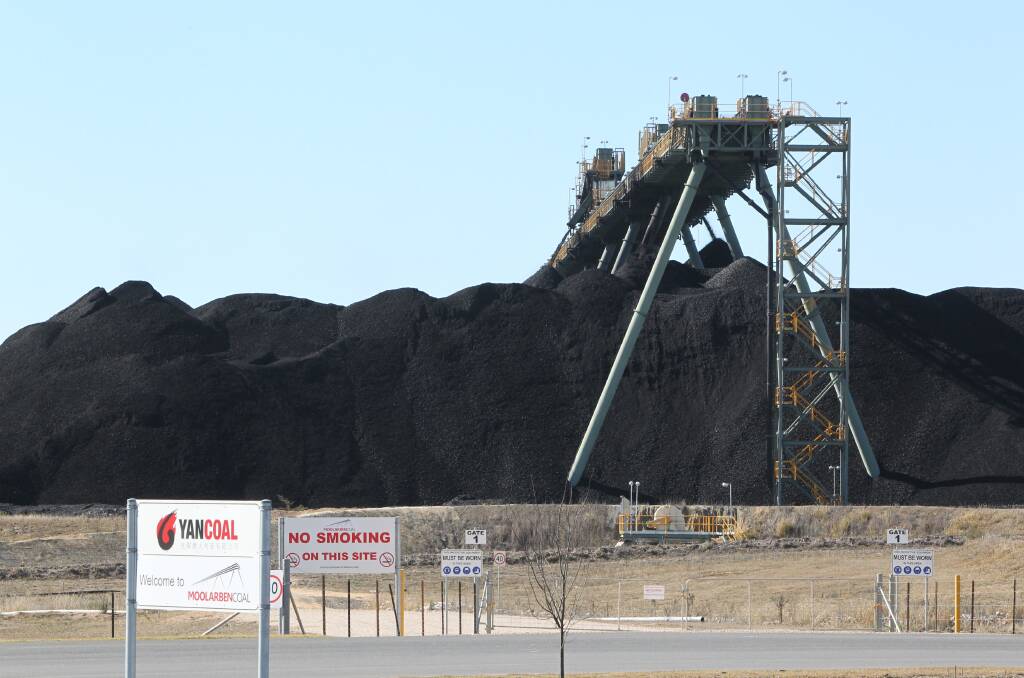
GIVEN the deteriorating situation in recent months between Australia and China, news that Chinese power companies have been told to buy their coal from anywhere but Australia is less than a complete surprise.
Nor should it be a shock that the news has come not through diplomatic channels, but from the English language Chinese news outlet Global Times, widely recognised as a government mouthpiece.
China has been applying economic pressure to Australia since the Turnbull government banned the Chinese telcos Huawei and ZTE from selling 5G equipment over security concerns.
The Morrison government's early call for an independent inquiry into the origins of COVID-19 was the icing on a less than appetising diplomatic cake.
As a country at odds with a increasingly assertive China, Australia is not alone, as a search of international media will reveal.
Our problem, according to China hawks, is that we have become too reliant on China, as by far our largest source of export earnings.
Iron ore is our biggest export earner, and China our biggest customer.
Coal is our second most valuable export commodity.
China is our second biggest customer for steelmaking coking coal, which is selling for two to three times the price of the power station coal targeted by the Global Times report.
Even without this latest action, Australian thermal coal sales to China were already down by 18 per cent this year.
China planned to reduce 100 million tons of coal consumption annually by 2030 to finally accomplish its carbon-neutral goal before 2060, which means fading demand in the coal market. An absence of Australian coal in China is actually beneficial to all other market suppliers
Wang Yongzhong, director of the Institute of Energy Economy at the Chinese Academy of Social Sciences
Japan and South Korea are in their traditional first and second spots, with China, buying about 20 per cent of the Hunter thermal coal exports, in third position.
The big question is: what happens from here?
So far, China has picked targets that disadvantage us, but not it.
Any country using trade as a weapon is clearly trying to influence whoever is on the other side of the table.
Buckling under pressure, regardless of reason, only empowers the side applying it.
China can find other markets for thermal coal. And so can we, if we have to.
The best outcome would be for China to return to the bargaining table.
If not, then that card has been played.
The two big cards left are iron ore and coking coal. Newcastle ships some coking coal, but most leaves from Queensland.
For both commodities, China's alternatives are far more limited.
It would be in nobody's interest to see things escalate towards those two products.
ISSUE: 39,491.

For faster access to the latest Newcastle news download our NEWCASTLE HERALD APP and sign up for breaking news, sport and what's on sent directly to your email.
IN THE NEWS:






